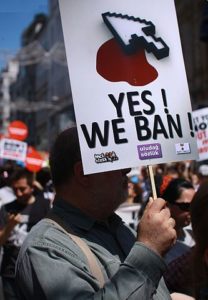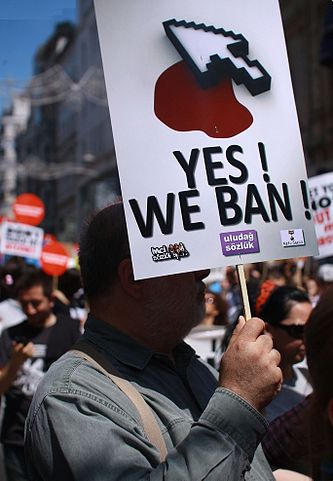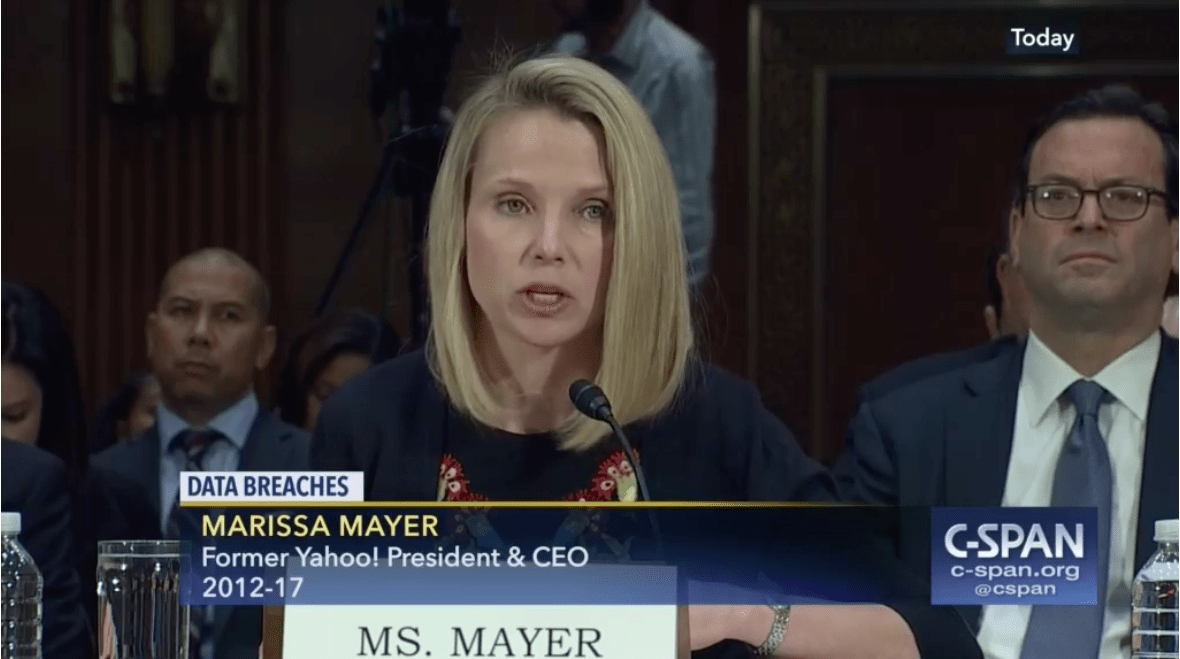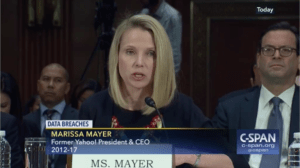29 Mar Turkey moves to regulate online video streaming services, FTC confirms Facebook is under investigation, Dropbox pledges not to prosecute external security researchers
Corporate Accountability News Highlights is a regular series by Ranking Digital Rights highlighting key news related to tech companies, freedom of expression, and privacy issues around the world.
Turkey tightens internet controls
Lawmakers in Turkey have adopted new measures that further tightens the government’s control over the internet. A new law adopted on March 21 will require video-streaming services and media or websites broadcasting through the internet to obtain a license from the country’s broadcasting regulator, RTÜK.

A protest against internet censorship in Istanbul, Turkey in May 2011. Photo credit: Erdem Civelek [CC BY 2.0] via Wikimedia Commons.
If a service does not secure a license, courts would order ISPs to block that service. Courts would also be able to request “broadcasters” to remove content deemed “illegal.”
The law is also expected to apply to video platforms hosting user-generated content, like Youtube, or platforms that allow users to host live video streams, like Facebook and Periscope.One RTÜK member said that “there’s little difference between what YouTube does and some of the video streaming services that will be subject to the new law.” Reporters Without Borders noted in a statement that such platforms have been used by “many censored media outlets to circulate their content.”
This is the latest move by the Turkish government to crack down on internet freedom. The 2017 Freedom on the Net report by Freedom House rated the country’s internet environment as “Not Free.” The Turkish government often resorts to blocking or throttling social media platforms and instant messaging apps. Thousands of websites, including Wikipedia, news sites, LGBT-related websites, and VPN services are blocked. The country’s authorities recently banned the encrypted email service ProtonMail, and they are reportedly considering “solutions” to block VPNs.
In addition, Turkish authorities are notorious for pressuring social media platforms to comply with their requests to remove content, often threatening to block them. For example, during the first half of 2017, Turkey made 2,710 content removal requests to Twitter, topping the list of countries making such requests.
Internet and telecommunications companies should be transparent about how they handle government requests for content restrictions, and publish data about the number of requests received, the number they complied with, and the types of subject matter associated with these requests. Most companies evaluated in the 2017 Corporate Accountability Index lacked transparency about how they handle government requests to restrict content or accounts, and did not disclose sufficient data about the number of requests they received or complied with, or which authorities made these requests.
Companies should also notify users when they restrict content. Services that host user-generated content should notify those who posted the content, and users trying to access it. The notification should include a clear reason for the restriction. The 2017 Index found that companies do not disclose sufficient data about their user notification policies when they restrict content or accounts.









